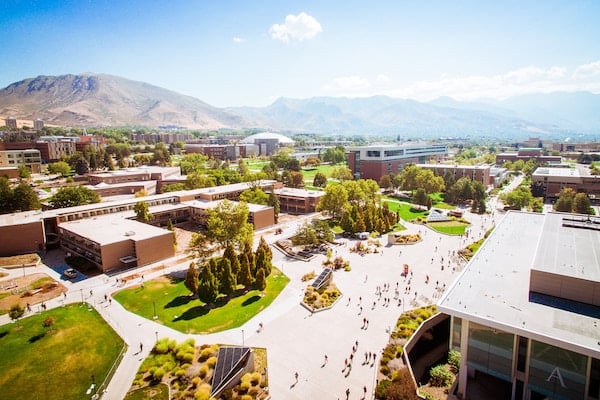Published on
Off-Season Programing Sets Up the University for Broader Accessibility

It can be a challenge to establish a successful off-season program, since there aren’t the same levels of staff, services and resources as there are during traditional times. In this interview, Troy Hargrove reflects on some of these challenges and discusses the benefits of running programs during off-season times, both for students and postsecondary institutions.
The EvoLLLution (Evo): What are the most significant benefits of a strong summer session program?
Troy Hargrove (TH): For a university, the most significant benefits of a strong summer session program are: making in-demand courses offerings available; providing faculty with opportunities to explore new and unique course; and creating additional revenue potential
Expanding on the revenue potential, one particular and significant benefit of summer programming is running camps and academies, as it creates an enrollment pipeline for institutions.
Evo: How do learners—not just enrolled students but those in the community as well—benefit from a university running summer session offerings?
TH: Learners—both students and community members—benefit from university summer session offerings because it continues a sense of community throughout the summer.
Learners benefit because they are “getting ahead” on their studies during the summer. Similarly, the community benefits because graduates are getting to the workforce earlier—via summer internships, for example, which support the community and learners alike.
Evo: How would you characterize a great learner experience for learners registering for summer offerings, be they classes, summer camps, K-12 academies or conferences?
TH: A great learner experience for college-credit students would provide the opportunity to learn from world-class faculty in a focused, intentional summer course.
A great learner experience for K-12 students would be having the opportunity to see life on a college campus, learn from industry and educational experts, and improve skill sets outside of the traditional school year.
A great learner experience for conference attendees would be connecting with colleagues, embracing a campus culture and learning from the city in which the conference is located.
Evo: What are some of the obstacles involved with running programming during the summer, spring break or winter break?
TH: Some of the obstacles involved with running programming during non-traditional times includes space availability, lack of staffing, and a confusion around what needs to be available during non-traditional times.
More specifically, introducing programming during non-traditional times means there has to be a culture shift on your campus. What was once considered summer or winter break needs to provide similar, if not the same, services and resources that are available in fall and spring semesters (i.e. housing, dining, building access, support services, etc.).
Evo: What advice would you share with college and university leaders looking to overcome these obstacles?
TH: Hire hard-working, nimble, solution-oriented individuals to manage the offerings. It’s crucial to have someone who understands the behind the scenes workings of a university, and who can get departments and colleagues excited about off-season offerings while showcasing the long-term benefits both financial and enrollment-wise.
Additionally, it helps to have a unit overseeing all off-season offerings to provide best-practices, consistency and vision.
Author Perspective: Administrator



